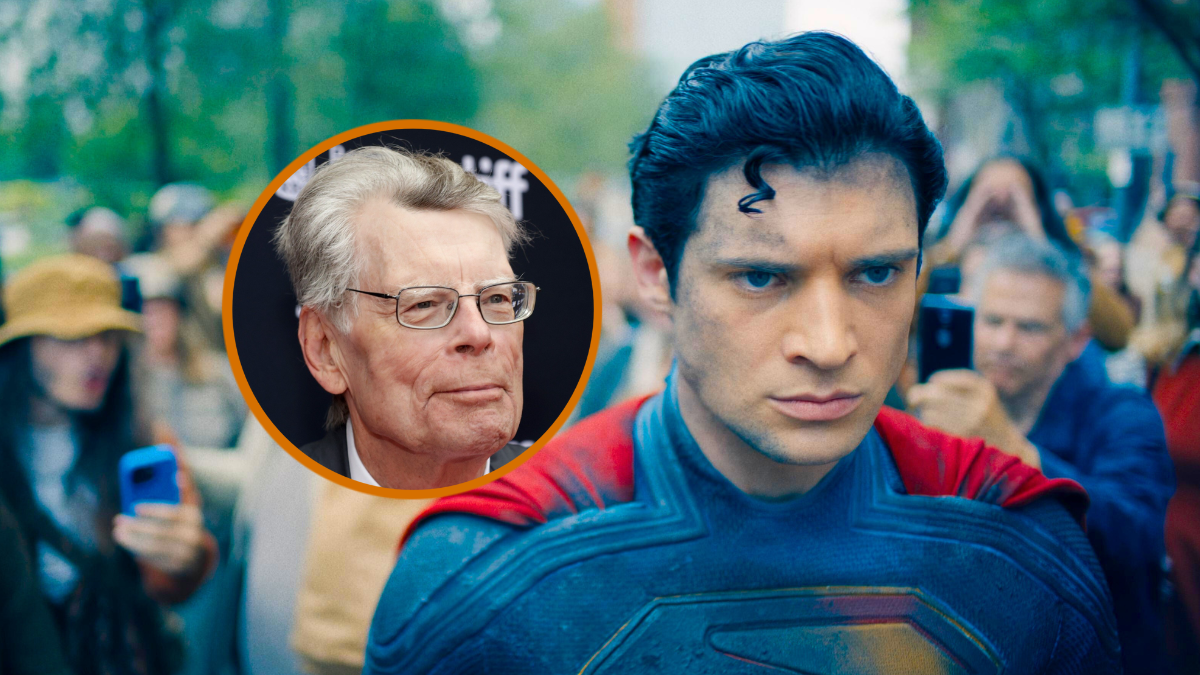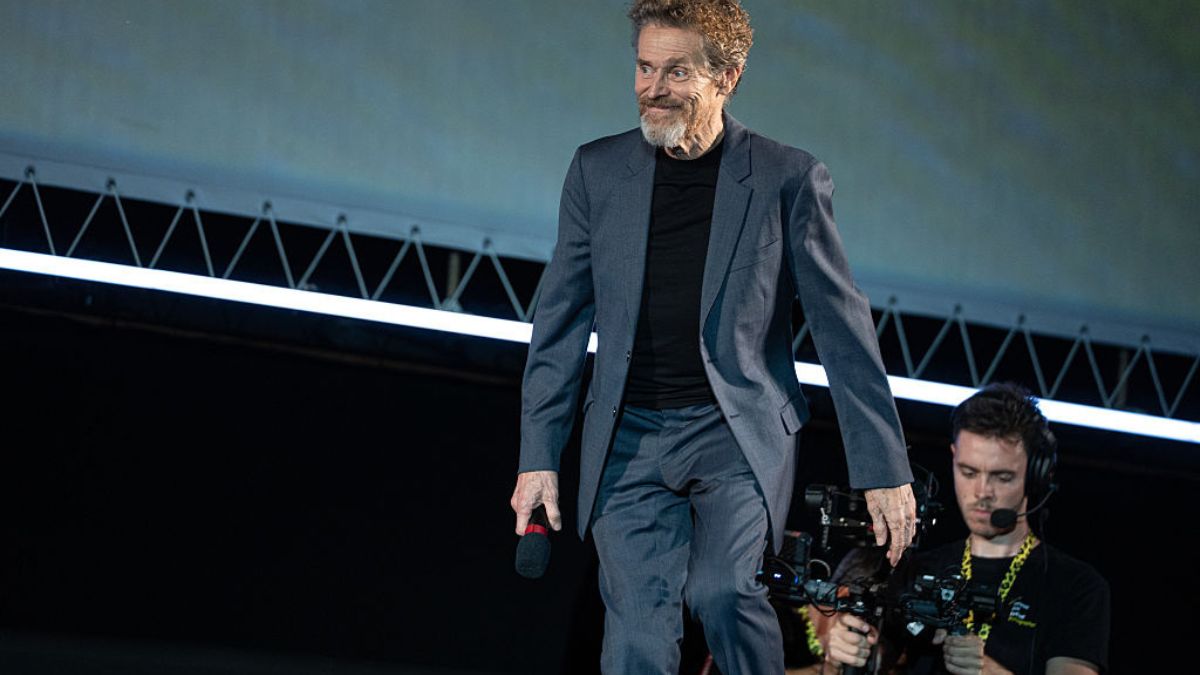
Once upon a time, to cast Russell Crowe in a film was to immediately give the project a pedigree. He gave undeniable gravitas to period pieces like Cinderella Man and Master and Commander: The Far Side of the World, just a few years after getting three straight Best Actor Oscar nominations (and one win, for Gladiator). In the last few years, however, he has become a kind of Hollywood punching bag, mainly for his emotionless turn as Jor-El in Man of Steel and his fruitless attempt at playing Javert in Les Misérables. (His howlingly inept turn in Winter’s Tale is a footnote, since very few had the misfortune of seeing that abysmal drama.)
In a bit of good news, Crowe’s feature directorial debut, The Water Diviner, is a step in the right direction – even if it is a largely hit-and-miss affair. One can clearly see the influence of Crowe’s collaborators, Peter Weir and Ridley Scott, in this historical drama, which sees the actor star as Joshua Connor, an Australian farmer who ships off to Turkey with the hope of finding his three sons, presumed dead from the Battle of Gallipoli.
The drama opens on the Turkish side of the fateful battle, as soldiers wait anxiously in the trenches. The Turks are soon relieved to see that Australian and New Zealand soldiers have retreated from the cliffside. There is little mention of those dead troops until we come to Joshua’s home, which he shares with wife Eliza (Jacqueline McKenzie). Work for Joshua has dried up and Eliza cannot handle not knowing her sons’ fate. “You find water but you can’t even find your own children!” Eliza shrieks at her husband, in one of the film’s many groaners of dialogue. In a more affecting scene, Joshua tells Eliza he is going to read to the boys, only to have the camera zoom out moments later as he recites Arabian Nights to three empty beds.
When Eliza falls to suicide, Joshua decides to leave Australia behind for Turkey, where he hopes to find the remains of his fallen sons and bring them home for burial. He comes across members from both Turkey and Australia trying to clean through the wastelands in the Gallipoli vicinity for fallen soldiers. It is here where the story becomes uneven, dividing between Joshua’s struggles with a Turkish commander, the weary Maj. Hasan (Yılmaz Erdoğan, from Once Upon a Time in Anatolia), and a pithy love story with a young Turkish hotel concierge, Ayshe (the non-Turkish Olga Kurylenko).
Crowe does not leave much of a mark as a visual stylist, although one can tell he grew up with sweeping melodramas. He knows the right time for the strings to crescendo on the soundtrack, or to reveal the scope of a vast vista or wasteland for maximum emotional effect. He is fine as director, although one imagines he would give a more passionate performance if he were relieved of those responsibilities behind the camera. Meanwhile, the film’s best performance comes from Erdogan, a military officer who helps to fill in the gaps of grief the screenplay smothers over with magical realism, while Kurylenko brings the most to an underwritten role.

The Water Diviner’s main problems come from Andrew Knight and Andrew Anastasios’s screenplay. They take the mysticism alluded by the title to employ magical realism in ways that feel especially tasteless given the grave subject matter. (The timing of the film’s North American release on the 100th anniversary of the Armenian Genocide, considering how the story erases any details related to that systematic annihilation, is queasy, to say the least.) Glimpses of rallies in the Istanbul streets give a bit of menace to the post-war region, but the film is careful not to comment too much on Turkey’s bedraggled political state, as well as its involvement in genocide.
Furthermore, the only factors that push The Water Diviner forward are moments of miraculous coincidence. An audience is expected to believe that not only can Joshua find an exact spot to dig a well in the wilderness, but he can summon up images from his dreams to locate the places where his sons traveled and may have been killed. These hokey moments dumbfound, especially within the film’s serious historical context.
On the bright side, The Water Diviner looks much more expensive than its $22 million budget. Peter Jackson’s frequent DP Andrew Lesnie shoots the battle flashbacks with vigor and emphasizes the dusky colors over quieter moments on Joshua’s farm. It looks like a sweeping historical epic, yet feels most like one when it conveniently blots out the depths of the history Crowe wants to chronicle. (The director’s decision to dedicate the film to “the lost and nameless” feels both noble and insulting at once.)
When Crowe’s film moves into drearier territory, such as a flashback to Connor’s sons in the thick of Turkish gunfire, the film is harshly powerful. However, these gripping moments are too seldom, shoved aside for a mawkish love story and some unfortunate fantasy elements. Crowe is still not completely absolved from his cinematic slump, but at least several of The Water Diviner’s biggest problems stem from a screenplay that he didn’t write.










Published: Apr 23, 2015 06:18 pm